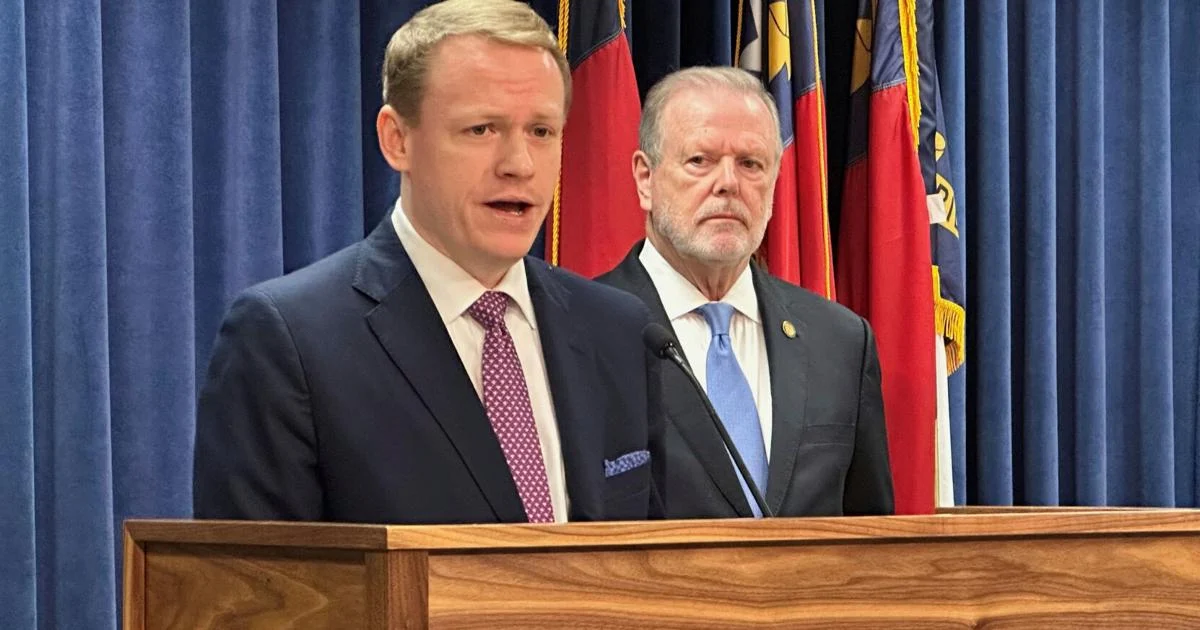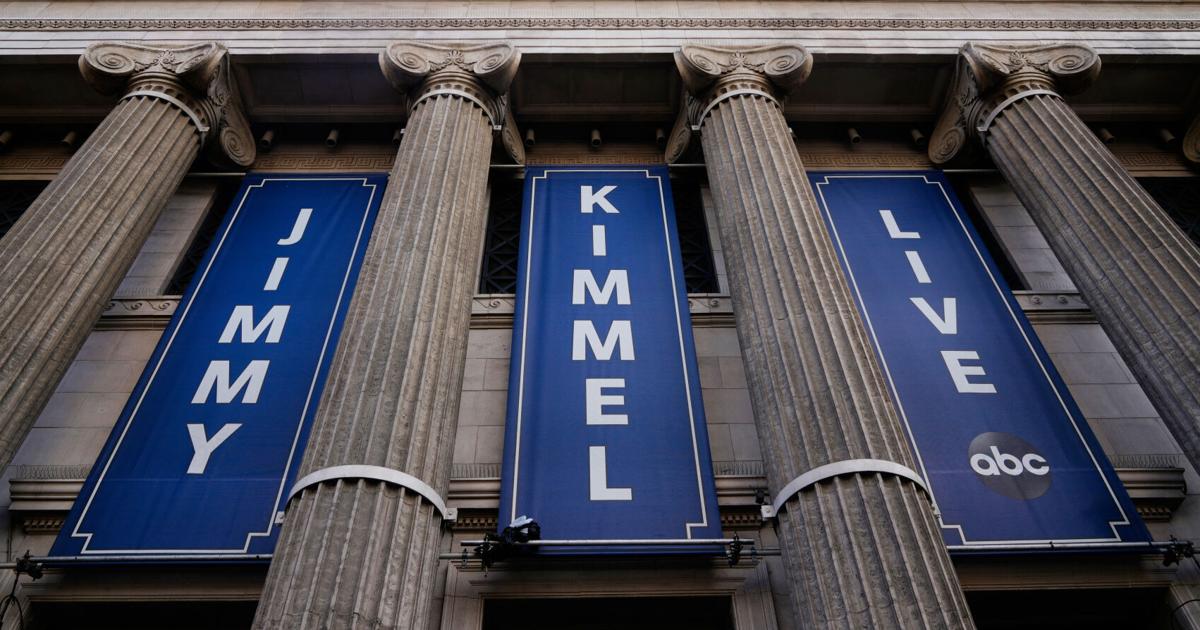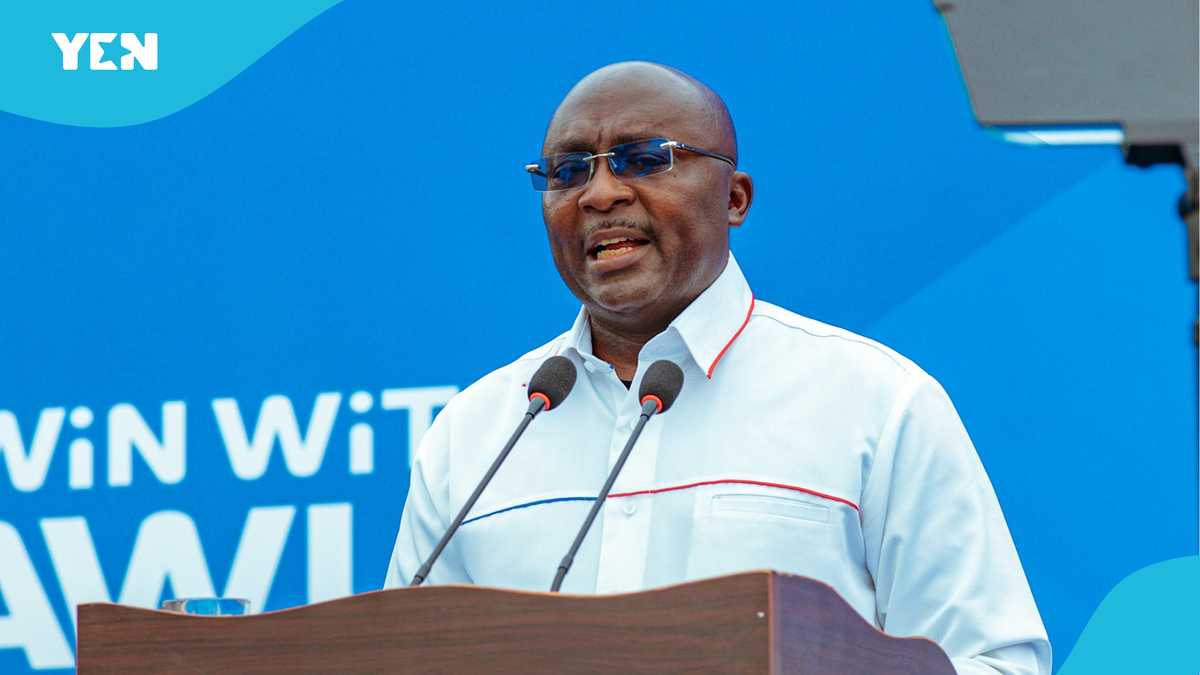
The state House and Senate introduced Sunday competing legislation designed to limit potential state Medicaid funding cuts that are slated to take effect Oct. 1.
House and Senate Republican budget negotiators have struggled to reach an overall compromise on the delayed 2025-26 state budget.
As a result, state health officials are preparing to implement up to $319 million in Medicaid cuts required in large part by passage of the controversial “One Big Beautiful Bill” by Congress.
The second extra session of the 2025 session starts Monday and is scheduled to last through Thursday.
The issue at hand is what is known as the Medicaid rebase: the funding required to both maintain current services and payment rates to providers caring for Medicaid-eligible patients.
About 3 million North Carolinians benefit from Medicaid services, including 680,085 expansion enrollees as of Sept 2. The goal set for Medicaid expansion enrollees was 600,000.
The most recent estimate is the need for a $919 million Medicaid rebase, of which the legislature provided $600 million in House Bill 125, the primary “mini-budget” bill passed in response to the state budget bill delay.
Each chamber is applying the gut-and-replace strategy for inserting their preferred Medicaid funding gap plan.
The House legislation is included in a revamped Senate Bill 403, while the Senate legislation has been inserted into House Bill 562.
“The fact that the House and Senate are unveiling competing plans — rather than one compromise bill — suggests that a deal this week is unlikely,” said Mitch Kokai, senior policy analyst with conservative think tank John Locke Foundation.
“Both chambers see a need to publicize their priorities. It’s not clear that they see an urgent need to finalize a piece of legislation to send to the governor.”
House funding gap plan
The news release from House speaker Destin Hall, R-Caldwell, said the House’s version of SB403 is “a plan to fully fund the state’s Medicaid rebase, while protecting teacher and state employee pay raises and avoiding new provider rate cuts.
“This plan is the result of close collaboration between the House, executive branch and other stakeholders.”
The House plans to provide an additional $192 million, raising the funding total to $792 million, but still $127 million short of the projected shortfall.
“House Republicans have put forward a fiscally responsible plan that fully funds Medicaid, strengthens efficiency and accountability, and protects patients and taxpayers,” said Rep. Larry Potts, R-Davidson.
“We are committed to moving this plan forward without letting unrelated budget items get in the way.”
SB403 features what Hall calls “targeted offsets and funding transfers” that include:
A vacant position cut at the N.C. Department of Health and Human Services.
A 5% flexible vacant position cut across other gubernatorial state agencies.
Ending Medicaid coverage of GLP-1 drugs for weight-loss only with coverage remaining for federally required medical diagnoses.
Directing the state Auditor to review SNAP and Medicaid redetermination processes at the state and county levels to help reduce backlogs.
Requiring NCDHHS to work in collaboration with the Auditor’s office to establish standards for timeliness and accuracy for Medicaid redeterminations and an enforcement mechanism for county compliance with the newly set standards.
“Our plan is the responsible way forward by avoiding DHHS’ politically motivated cuts and ensuring stability for patients who need it most,” said Rep. Donny Lambeth, R-Forsyth.
“The alternative is for the governor to hold off on the reductions and continue to work with the General Assembly on a better solution.”
Senate funding gap plan
The Senate’s revamping of House Bill 562, disclosed in a news release from the office of Senate leader Phil Berger, R-Rockingham, would add $90 million to the Medicaid rebase and providing separate funding for administrative needs.
The Senate Appropriations/Base Budget committee is slated to address HB562 at 12:15 p.m. Monday.
HB562 also would require DHHS to eliminate vacant positions to achieve savings of nearly $34 million.
DHHS also would be required to develop a plan to improve health outcomes, program integrity, cost savings, and efficiency measures for Medicaid.
“If the department and the governor expect the General Assembly to continue to pump millions of dollars into the program, we need them to make every effort to find savings and evaluate its performance,” said Senate Appropriations Committee chairman Sen. Brent Jackson, R-Sampson.
HB562 also includes the last round of funding for both the N.C. Care initiative and the N.C. Children’s Hospital, as outlined in the 2023-25 state budget.
The N.C. Care initiative supports rural hospitals and helps establish three rural care centers. The House and Senate previously approved $420 million for N.C. Care projects. HB562 would release $105 million to fulfill the final obligation.
State legislative analysts say another factor is House and Senate negotiations over funding levels for the planned children’s hospital in Apex.
According to Raleigh TV station WRAL, about $216 million in taxpayer funds has been spent, and another $639 million is under consideration through June 30, 2027.
Potential DHHS cuts
Without the additional $300 million in funding for 2025-26, DHHS has projected the following cuts:
All Medicaid providers will face a minimum 3% reduction in reimbursement rates.
Some services — including physicians, hospice care, behavioral health, long-term care and nursing home services — are seeing steeper cuts of 8% and 10%. “These reductions may cause some providers to stop accepting Medicaid patients, as the lowered rates could make it financially unsustainable to continue offering care,” DHHS said.
The state Medicaid program would halt coverage of GLP-1 prescriptions for weight loss.
Medicaid recipients became eligible in August 2024 for coverage of Food and Drug Administration-approved obesity management medications. Eligible for those medications are those ages 12 and older enrolled in either NC Medicaid Direct or NC Medicaid Managed Care, according to DHHS.
They are covered under the program’s Outpatient Pharmacy benefit. Covered medications include drugs from manufacturers enrolled in the Medicaid Drug Rebate program, which are covered for the FDA-approved indication of treating obesity.
There’s also the possibility of the end of financial funding for the Integrated Care for Kids pilot program.
State Health Secretary Dr. Dev Sangvai addressed the funding gap, saying, “Underfunding NC Medicaid now after years of building a nationally recognized program that delivers real outcomes for the people we serve is a serious setback.”
“The forced cuts from the budget shortfall threaten care for those who need it most and include some of North Carolina’s most vulnerable populations,” he said.
“Over time, the combination of underfunding, the loss of key initiatives like the Healthy Opportunities Pilots, and administrative budget shortfalls risks a fundamental erosion of the NC Medicaid program.”
Governor’s response
Stein weighed in Thursday via a letter sent to House and Senate Democratic and Republican legislative leaders.
Stein urged them to pass a 2025-26 state budget that invests in public safety, raises pay for teachers and state employees, and funds health care for North Carolinians.
North Carolina is one of two states that have entered their fiscal year without a budget.
“North Carolina is also on the clock to fully fund Medicaid,” Stein wrote.
“I am committed to working with the General Assembly to find a solution that keeps the program running so that North Carolinians do not lose their health care.”
Stein said that although DHHS said $319 million is required to fund Medicaid fully, “we understand that General Assembly staff believe the amount needed is closer to $190 million.”
“I am willing to compromise at $190 million with a commitment to reevaluate in January, where expenditures are trending six months into the fiscal year.
“At that point in time, we can work together to determine if the funding is sufficient, additional funding is needed, or provider cuts will need to be implemented.”
rcraver@wsjournal.com
336-727-7376
@rcraverWSJ
Get Government & Politics updates in your inbox!
Stay up-to-date on the latest in local and national government and political topics with our newsletter.
* I understand and agree that registration on or use of this site constitutes agreement to its user agreement and privacy policy.
Richard Craver
Get email notifications on {{subject}} daily!
Your notification has been saved.
There was a problem saving your notification.
{{description}}
Email notifications are only sent once a day, and only if there are new matching items.
Followed notifications
Please log in to use this feature
Log In
Don’t have an account? Sign Up Today



